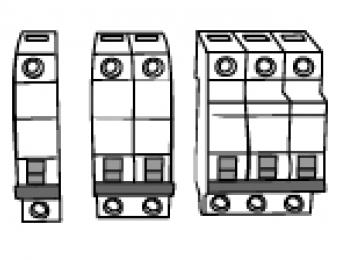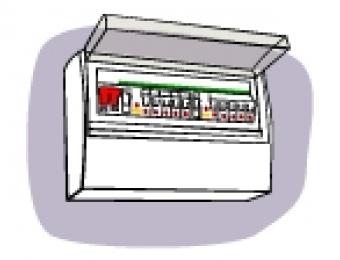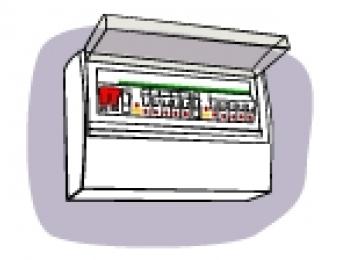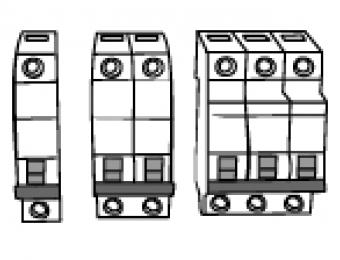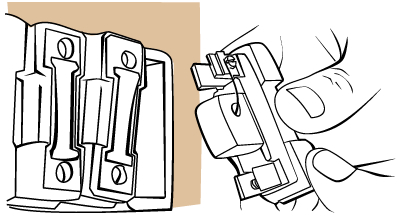
Fuses aren't used in home electrical installations anymore, although they can still be found in older houses. If you have fuses in your switchboard / switch box, you may be required to have your switchboard updated so that it uses circuit breakers and safety switches instead - these options are far safer and more effective.
How do fuses work?
Fuses are fairly basic in terms of the protection they provide. Fuse wire is designed to be able to carry a certain amount of current. If this current is exceeded, the fure wire melts, which 'opens' the circuit and stops electrical current from flowing. Once a fuse wire is melted, it needs to be replaced in order to allow you to use that particular circuit again.
Sometimes, an appliance will draw more current than usual simply when it's starting up or for a brief moment in its operation - this is called an 'overload', and isn't necessarily a problem. Circuit breakers are designed to be able to handle overloads without tripping, however fuses can't tell the difference between small temporary overloads and dangerous short circuits. Overloads may gradually deteriorate a fuse wire, requiring it to be replaced constantly.
Fuses still find applications in industrial installations and certain appliances, but even there, cartridge-style fuses are far more commonly used than bare fuse wire.
